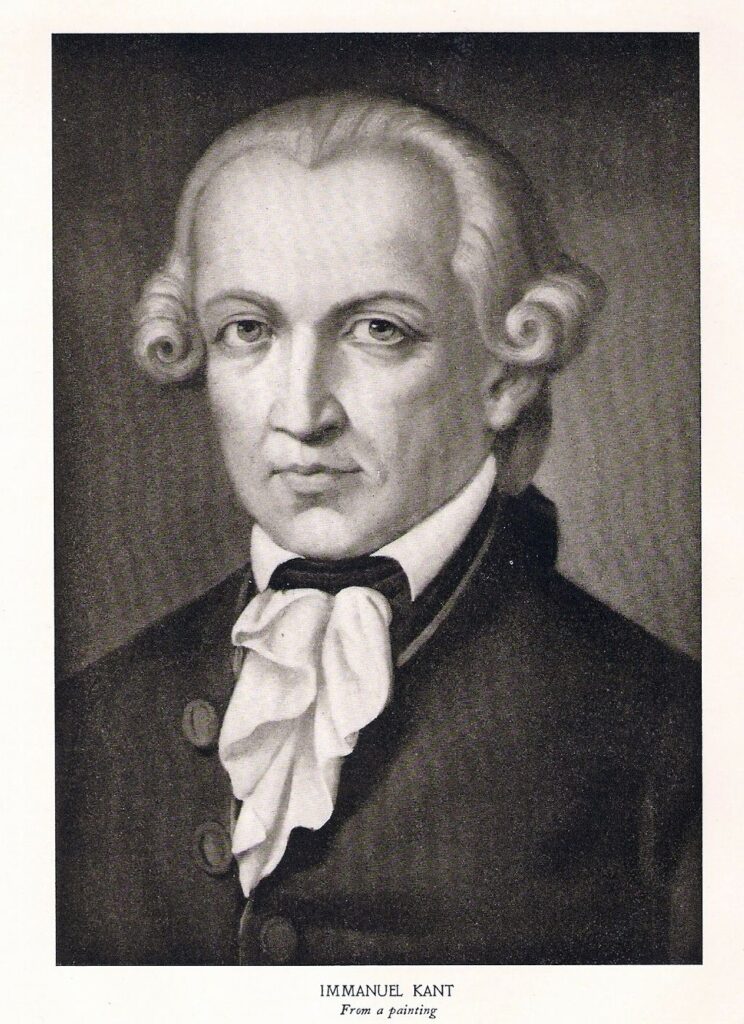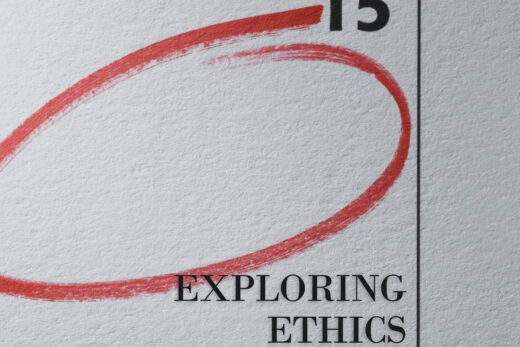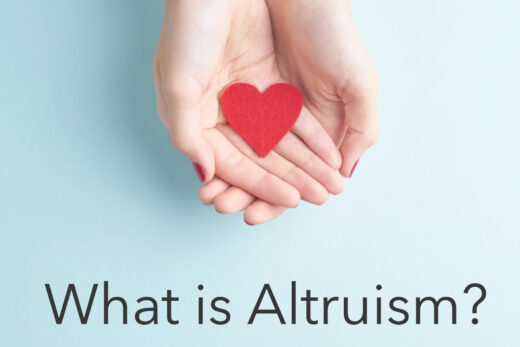Deontology, a cornerstone of ethics, asserts that the morality of an action depends not on its outcome, but rather on whether it adheres to rules. The term “deontology” originates from the Greek words deon (duty) and logos (science), making it literally “the science of duty.”
Understanding Deontology
In simple terms, deontology is an ethical theory that uses rules to differentiate right from wrong. As a deontological approach to ethics, it is primarily concerned with the inherent nature of an action rather than its consequences. Deontology is often juxtaposed with consequentialism, an ethical theory asserting that the outcomes determine the morality of actions.
To clarify, consider the example of lying. A deontologist would argue that lying is intrinsically wrong, regardless of the consequences. In contrast, a consequentialist may view a lie as morally acceptable if it prevents harm.
Immanuel Kant: The Proponent of Deontology
Immanuel Kant, an influential Enlightenment philosopher, is typically credited with formulating deontological ethics. Kant’s deontological theory, known as Kantian deontology, proposed that moral obligations, or duties, are rooted in rationality. As Kant famously stated, “Act only according to that maxim whereby you can at the same time will that it should become a universal law.”

Deontological Ethics in Practice
Here’s a real-life scenario to illustrate the application of deontological ethics:
Suppose a colleague confidentially shares with you that they’re dealing with a health issue. Later, another coworker questions you about rumors regarding the colleague’s health. A deontologist would argue that revealing the information would be violating a moral duty of confidentiality, regardless of the potential consequences.
Deontological Ethics and its Impact on Professions
Deontological principles are often integrated into professional codes of conduct. In fields like nursing, medicine, and business, professionals are expected to adhere to ethical guidelines, irrespective of the consequences. This underpins the practice of medical deontology, where healthcare professionals prioritize their duty to patients above all else.
Strengths and Weaknesses of Deontological Ethics
Strengths of Deontological Ethics
- Unambiguous Moral Guidance: Example: The rule “do not steal” provides a clear guideline that theft is wrong, regardless of circumstances or outcomes. There’s no ambiguity – stealing is always considered morally wrong.
- Promotes Universal Fairness: Example: The principle of truth-telling means that it’s everyone’s duty to tell the truth, regardless of their status or position. This ensures fairness as the rule applies equally to all, whether you’re a CEO or an entry-level employee.
- Prioritizes Intentions Over Outcomes: Example: Consider a scenario where a doctor tells a patient the truth about their terminal illness, causing the patient distress. Despite the distressing outcome, the action is considered morally correct in deontology due to the doctor’s good intention of being truthful.
Weaknesses of Deontological Ethics
- Inflexibility: Example: Consider a scenario where you’re hiding a friend from a dangerous pursuer. If the pursuer asks if you’re hiding anyone, you face a moral dilemma: telling the truth (as per deontological rule) could endanger your friend, but lying would break the rule.
- Lack of Consideration for Outcomes: Example: In medical ethics, a patient may refuse a life-saving blood transfusion due to religious beliefs. Despite the potential for a fatal outcome, a healthcare provider who follows deontological ethics would respect the patient’s autonomy and not administer the transfusion.
- Determining Duties Can Be Subjective: Example: What constitutes a ‘duty’ can vary widely. In some cultures, it’s considered a moral duty to care for elderly parents in their home. However, in other cultures, placing elderly parents in professional care facilities is acceptable and often preferred. This subjective nature of determining ‘duties’ can lead to significant differences in applying deontological principles.
The Takeaway
In essence, Deontology champions the notion that morality is rule-driven, not outcome-based. It stands in contrast to consequentialism, where ends justify the means. Instead, Deontology asserts the intrinsic rightness or wrongness of actions, making us ponder the ‘why’ behind our ethical decisions. It’s a reminder that ethics aren’t just about what we do, but fundamentally about why and how we do it.
Frequenty Asked Questions
Why is Deontology Important?
Deontology provides a solid moral framework for our actions, emphasizing that some things are inherently right or wrong, regardless of their outcomes. It helps create a society in which everyone is bound by a universal set of ethical rules.
How does Deontology Influence Decision-making?
Deontology plays a significant role in decision-making. It guides individuals to consider the intrinsic rightness or wrongness of their actions, rather than merely their consequences. In essence, it encourages decisions based on ethical duties and rules.
Can Deontology and Consequentialism Coexist?
While deontology and consequentialism are often considered opposing ethical theories, some philosophers argue that they can coexist. Certain actions may be guided by deontological principles, while others may be more appropriately guided by consequentialist considerations.
What is the Criticism of Deontology?
One common critique of deontology is that it can be inflexible due to its focus on duty and rules. Critics argue that this rigidity may lead to morally problematic situations where following a rule leads to adverse consequences.
How is Deontology Applied in Everyday Life?
In everyday life, deontology might appear in a personal decision to tell the truth, even when a lie could lead to a better outcome. Or it might surface in a professional decision to respect client confidentiality, even when disclosure could be advantageous.




